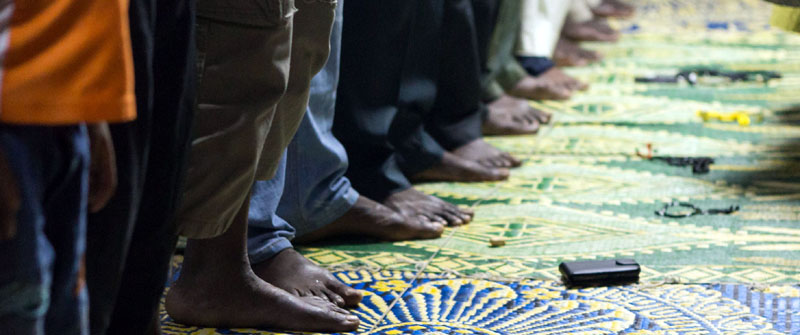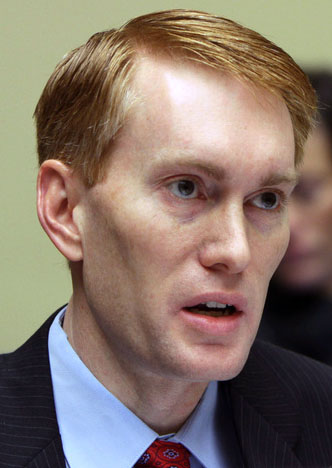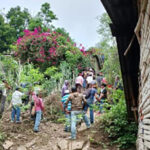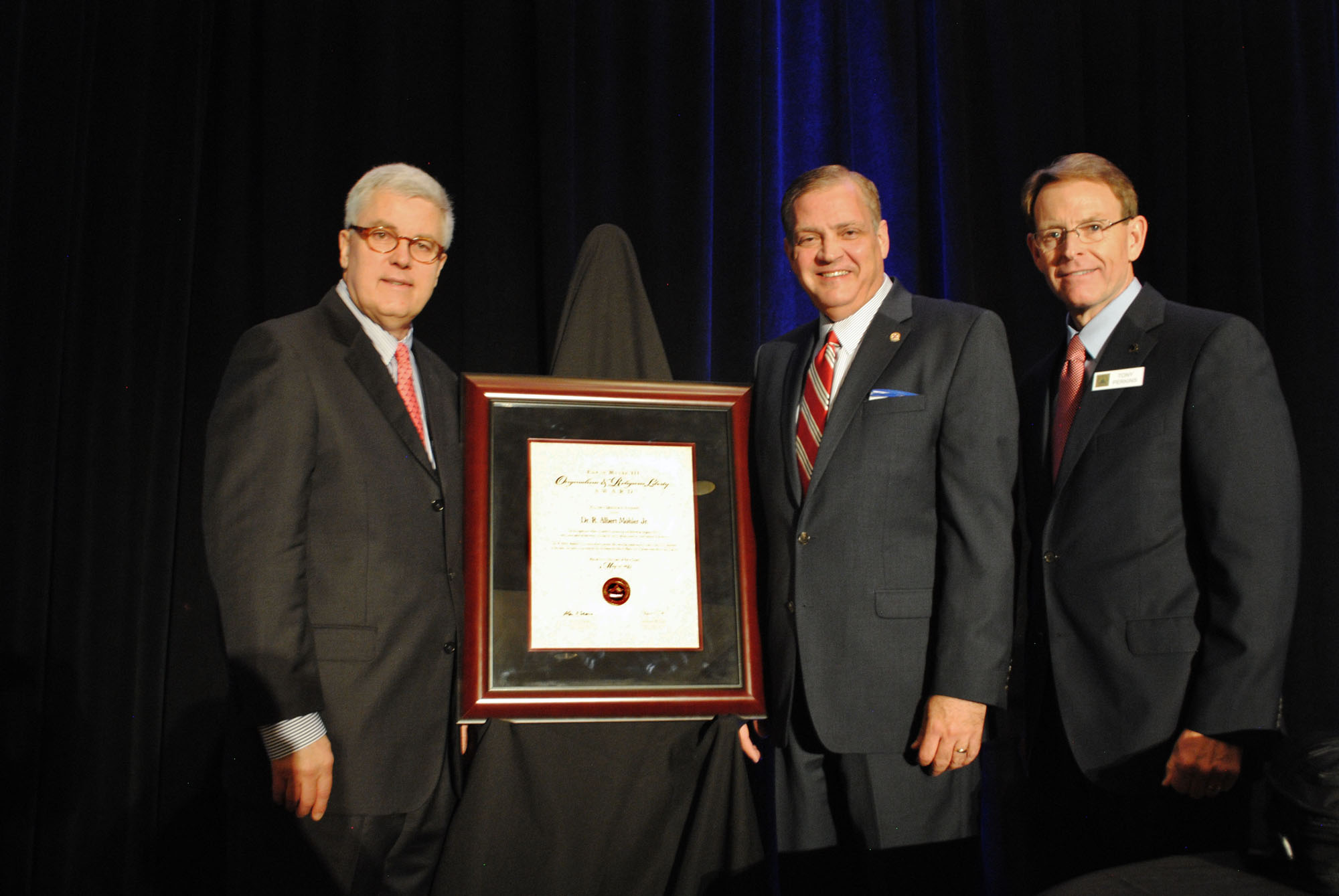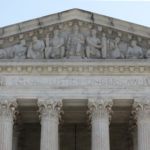
WASHINGTON (BP) — The Southern Baptist Ethics & Religious Liberty Commission has urged the U.S. State Department not to ignore religious freedom and persecution issues before possibly lifting sanctions on the government of Sudan.
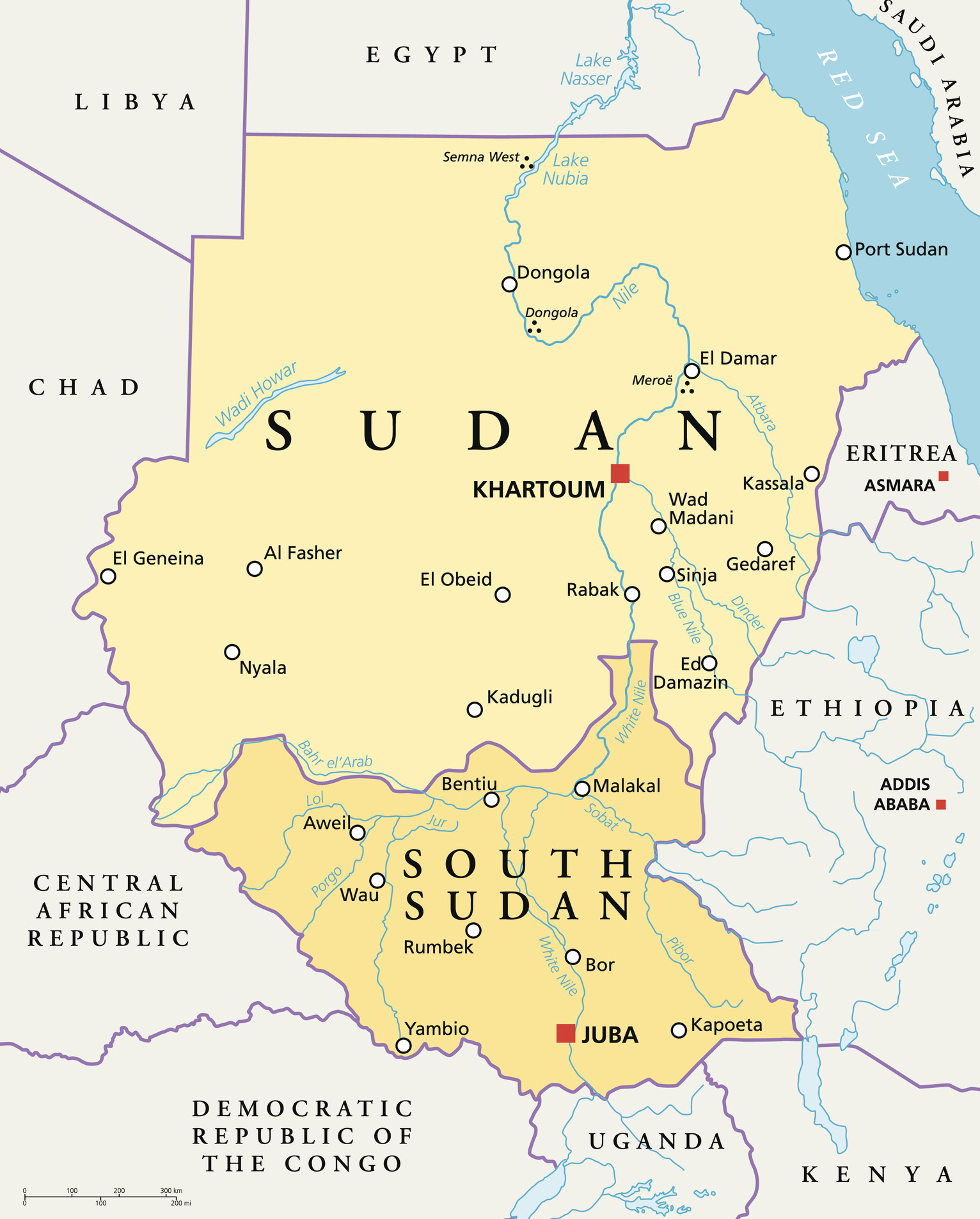 The ERLC joined six other organizations — including Samaritan’s Purse, the National Association of Evangelicals (NAE) and the Enough Project — in a June 29 letter to Secretary of State Rex Tillerson calling for his department’s consideration of Sudan’s treatment of religious minorities. The organizations sent the letter as the State Department nears a July 12 deadline for lifting sanctions on the East African country.
The ERLC joined six other organizations — including Samaritan’s Purse, the National Association of Evangelicals (NAE) and the Enough Project — in a June 29 letter to Secretary of State Rex Tillerson calling for his department’s consideration of Sudan’s treatment of religious minorities. The organizations sent the letter as the State Department nears a July 12 deadline for lifting sanctions on the East African country.
The State Department has included Sudan in its list of “countries of particular concern” (CPCs) — which is reserved for the world’s most extreme violators of religious liberty — since the designation was first used in 1999. Sudan’s repressive Islamic government in Khartoum was one of 10 CPCs in the State Department’s most recent list in October.
President Obama signed an executive order seven days before he left office calling for the waiving of trade and investment sanctions by July 12 if the secretary of State finds Sudan has maintained its positive actions. In the previous six months, Khartoum had reduced its offensive military actions, improved humanitarian access and cooperated with the United States on terrorist threats, Obama said in his order.
Obama’s order did not call for a focus on Sudan’s religious freedom record, however. In urging Tillerson to include such issues in a policy review, the ERLC and its six partners said the laws supportive of Khartoum’s version of Islam “restrict the freedoms of minority groups” and deprive them of rights guaranteed under the country’s constitution. These minorities include Christians, Shia and other Muslim groups, and adherents to traditional religions, they said.
“Sudan remains a disaster for religious freedom,” said Travis Wussow, the ERLC’s general counsel and vice president for public policy. “Our brothers and sisters in Christ frequently face state-endorsed marginalization and persecution.
“The Sudanese government should not be rewarded with sanctions relief when so many are crippled under the oppressive status quo found throughout the country,” Wussow said in written comments for Baptist Press. “Our hope is that international pressure will increase and not decrease and that the United States will lead the way to promote religious freedom in Sudan.”
The letter includes in its list of examples of Sudan’s offenses against religious liberty:
— A February government order for the demolition or seizure of 27 churches in the state of Khartoum;
— The fatal stabbing in April of a church elder during a raid on the Sudanese Evangelical Church School;
— The continued enforcement of the apostasy law, which can result in capital punishment for a person who converts from Islam, including any Muslim who does not adhere to the government’s interpretation of that religion;
— A requirement of government approval for funding by foreign charitable and humanitarian organizations with religious connections.
Before the United States lifts sanctions, Sudan must — the ERLC and its partners said — repeal its apostasy law; guarantee the freedoms of association, assembly and expression; halt the intimidation of non-Muslims; terminate the destruction of churches; and revoke restrictions on building new houses of worship.
Joining the ERLC, Samaritan’s Purse, NAE and the Enough Project on the letter were the Foundation for Defense of Democracies, Sudan Relief Fund and Sudanese Human Rights Initiative.
The U.S. Commission on International Religious Freedom (USCIRF) also wrote Tillerson regarding Sudan, urging the continuation of sanctions because of the government’s ongoing religious liberty violations. In a May 30 letter, then-Chairman Thomas Reese said religious freedom conditions had deteriorated in Sudan each year since South Sudan seceded in 2011.
The status of religious freedom continued to deteriorate in 2016, USCIRF said in its annual report in April.
In addition to Sudan, the latest CPC list from the State Department includes Burma; China; Eritrea; Iran; North Korea; Saudi Arabia; Tajikistan; Turkmenistan; and Uzbekistan.

